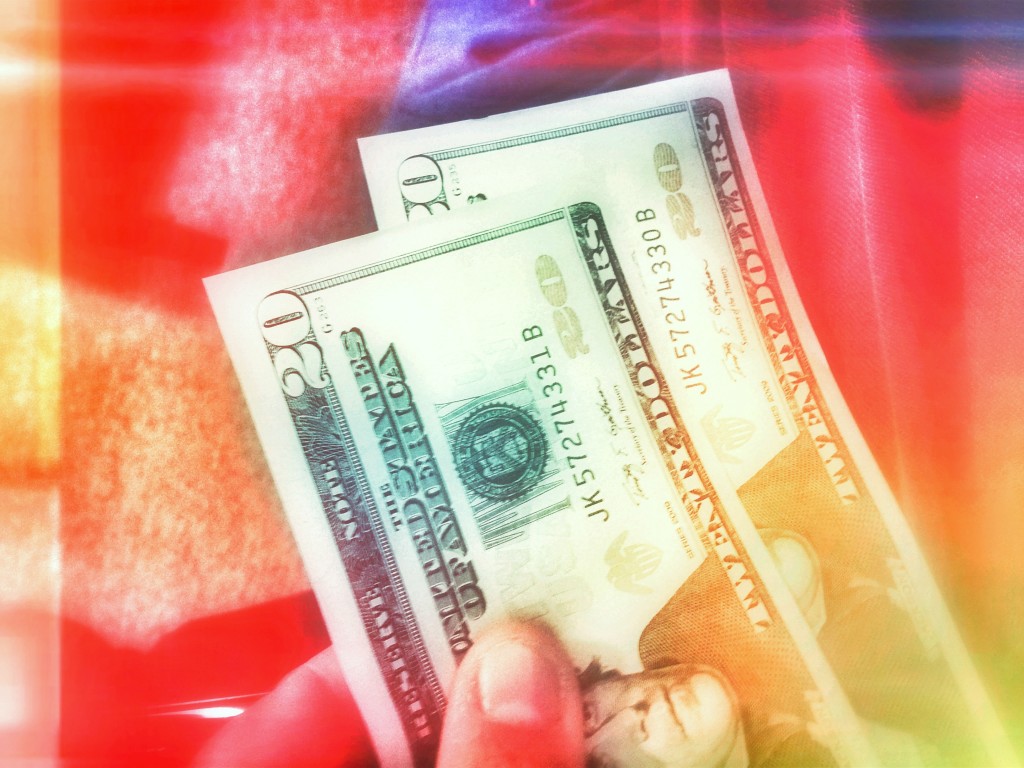
Sociologists are quite familiar with the combination of marginalized identities that can lead to oppression, inequalities, and “double disadvantages.” But can negative stereotypes actually have positive consequences?
Financial Juneteenth recently highlighted a study showing that gay black men may have better odds of landing a job and higher salaries than their straight, black, male colleagues. Led by sociologist David Pedulla, the study sent resumes and a job description to 231 white employers nationwide, asking them to suggest starting salaries for the position. Resumes included typically raced names (“Brad Miller” for white applicants and “Darnell Jackson”) and listed participation in “Gay Student Advisory Council” to imply the applicant’s sexuality. Pedulla found that gay Black men were more likely to receive the same starting salaries as straight white men, whereas gay white men and straight black men were offered lowered salaries.
Pedulla’s findings have sparked a conversation among scholars and journalists about the complexity of stereotypes surrounding black masculinities and sexualities. Organizational behavior researcher and Huffington Post contributor Jon Fitzgerald Gates also weighed in on the findings, arguing that the effeminate stereotypes of homosexuality may be counteracting the traditional stereotypes of a dangerous and threatening black heterosexual masculinity.
Read Pedulla’s entire study, published in Social Psychology Quarterly, here: The Positive Consequences of Negative Stereotypes: Race, Sexual Orientation, and the Job Application Process.

Comments